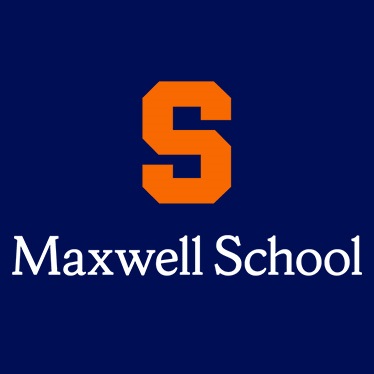Doctoral Candidate Says Project Provided an ‘Extraordinary Opportunity’
October 2, 2023
Matthew O’Leary joined the team of archaeologists led by Maxwell Professor Christopher DeCorse in coastal Ghana this past summer.

For Maxwell anthropology doctoral candidate Matthew O'Leary, working on this past summer’s excavation at Fort Amsterdam, directed by his advisor, Christopher DeCorse, was an “extraordinary opportunity”—made possible by a Maxwell African Scholars Union Award and a Maxwell Dean’s Summer Research Award.
“This was the largest project I’d ever participated in, alongside our diverse team from Ghana, Nigeria and various American institutions,” says O’Leary. “The archaeological contexts and potential we uncovered were really astonishing, providing more information on the Atlantic period along with occupations prior to the construction of the trade forts. The local community is also very invested in the project and has remained involved with our work throughout.”
O’Leary primarily worked on excavation itself—measuring units, carefully digging layers or features, and supervising local assistants. He also helped record data, applying geospatial skills he learned at Maxwell to map the extant fort and surrounding excavation, and analyze materials uncovered over the summer.
The discoveries in Ghana shed light on O’Leary’s own dissertation research on Fort St. Frédéric, in Crown Point, New York, which was in use during the same period as Fort Amsterdam. “Both fort sites operated as part of an increasingly globalized economy, which resulted in European trade material appearing at sites around the world,” he says. “What’s proven so interesting to me, when comparing my experiences with artifacts from these two contexts, is the degree to which local factors of the 18th century affected how these larger macroeconomic trends were articulated at the site level.”
Related News
Commentary

Apr 2, 2025
School News

Apr 2, 2025
School News

Mar 26, 2025
School News

Mar 24, 2025